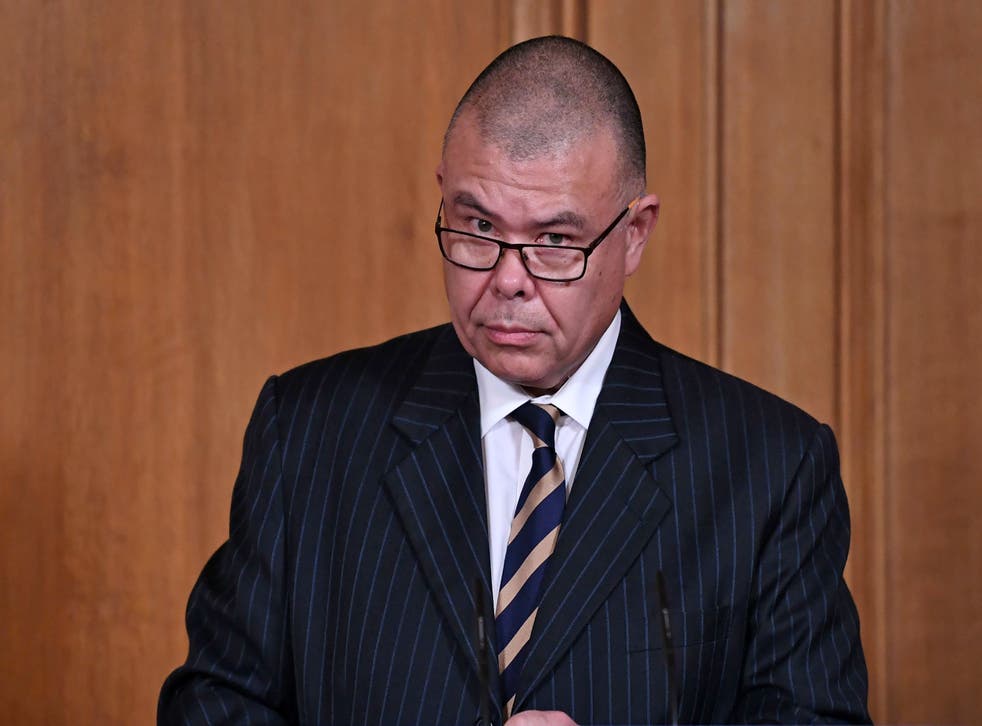
SAMUEL CORUM / GETTY IMAGES
Tyler MacDonald
THE INQUISITER
January 23, 2021
Senate Minority Leader Mitch McConnell was allegedly rattled by corporate America’s response to the Capitol riots that sparked former President Donald Trump’s second impeachment, The New Yorker reported.
GOP strategist Stuart Stevens spoke to the publication and suggested that this fear played a role in McConnell’s decision to break with Trump after the storming of the historic U.S. building.
“He’s scared to death, too, at how corporate America is responding. Supporting the overthrow of the U.S. government isn’t good for business,” the Lincoln Project founder said.
As noted by The New Yorker, dozens of some of the largest corporate GOP donors cut ties to the coalition’s lawmakers who opposed the certification of President Joe Biden’s election after the riots.
“McConnell, who once infamously declared that the three most important ingredients for political success in America are ‘money,’ ‘money,’ and ‘money,’ was reportedly alarmed,” the publication wrote.
Per CTV News, many Wall Street businesses and banks have severed ties with not just Trump’s campaign but the “broader Republican Party.” Notably, American Express’ CEO Steve Squeri emailed employees about the attacks on the Capitol and said that it was not aligned with the company’s values.
Following the riots, several technology companies also severed ties with Trump, including Apple’s App Store and Google’s Play Store. Elsewhere, Shopify removed the Trump campaign’s merchandise website, and the financial tech company Stripe allegedly halted payments for the former president’s campaign.
THE GRIM REAPER


Alex Wong / Getty Images
The blowback comes in the lead-up to the forthcoming impeachment trial in the Senate and a CNN report suggesting that former top Trump administration officials and influential Republicans near Washington are lobbying the politician to convict the former head of state.
Despite the financial damage, Stevens claimed that McConnell doesn’t want to impeach and convict Trump.
“It would split his base and cause members of his caucus to face primary challengers.”
According to Stevens, McConnell expressed openness to convicting Trump — he has not yet publicly revealed whether he would — to avoid a breakdown in the Republican Party.
Elsewhere, CNN claimed that McConnell has privately said he wants the former president convicted.
“Mitch said to me he wants Trump gone,” one Republican member of Congress told the publication.
“It is in his political interest to have him gone. It is in the GOP interest to have him gone. The question is, do we get there?”
As The Inquisitr reported, McConnell was reportedly happy when the Democratic Party began to work on a plan to impeach Trump, which eventually came to fruition on January 13, 2021.
The blowback comes in the lead-up to the forthcoming impeachment trial in the Senate and a CNN report suggesting that former top Trump administration officials and influential Republicans near Washington are lobbying the politician to convict the former head of state.
Despite the financial damage, Stevens claimed that McConnell doesn’t want to impeach and convict Trump.
“It would split his base and cause members of his caucus to face primary challengers.”
According to Stevens, McConnell expressed openness to convicting Trump — he has not yet publicly revealed whether he would — to avoid a breakdown in the Republican Party.
Elsewhere, CNN claimed that McConnell has privately said he wants the former president convicted.
“Mitch said to me he wants Trump gone,” one Republican member of Congress told the publication.
“It is in his political interest to have him gone. It is in the GOP interest to have him gone. The question is, do we get there?”
As The Inquisitr reported, McConnell was reportedly happy when the Democratic Party began to work on a plan to impeach Trump, which eventually came to fruition on January 13, 2021.




















